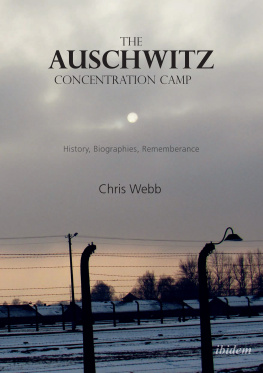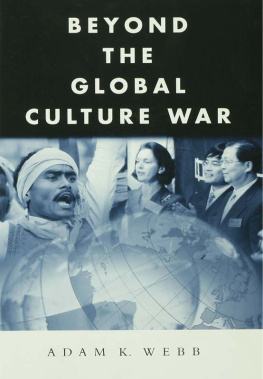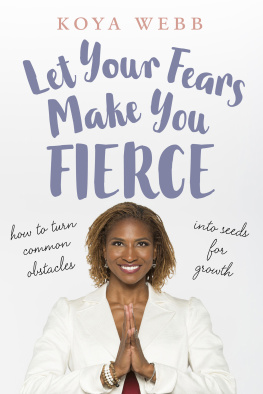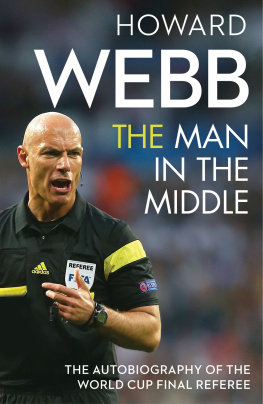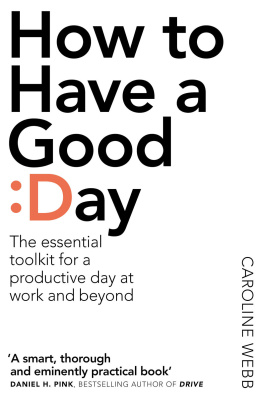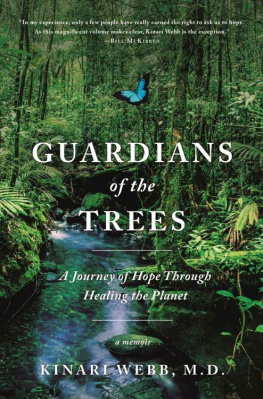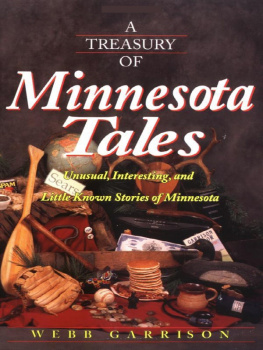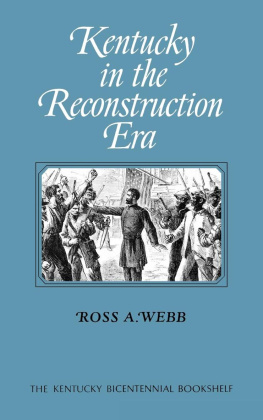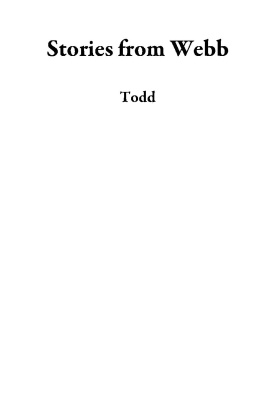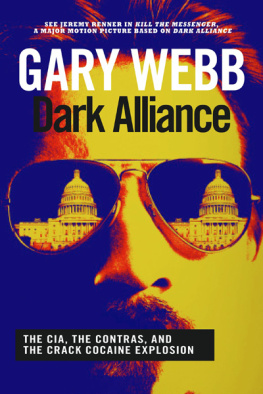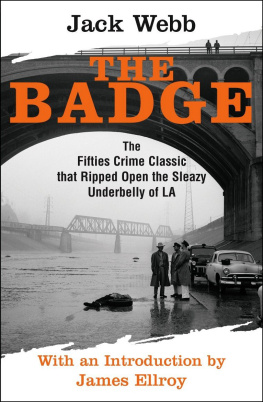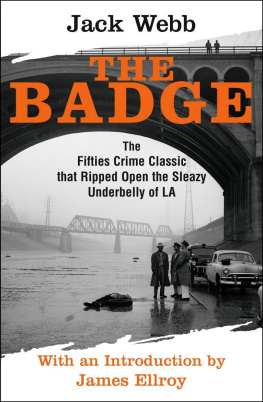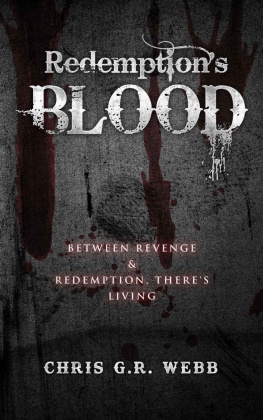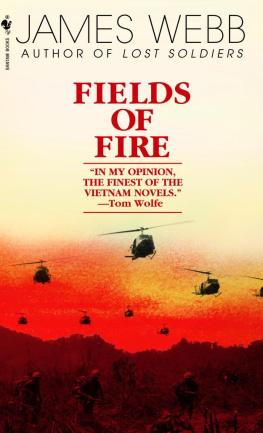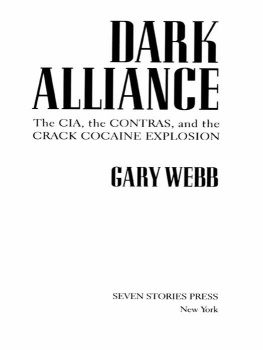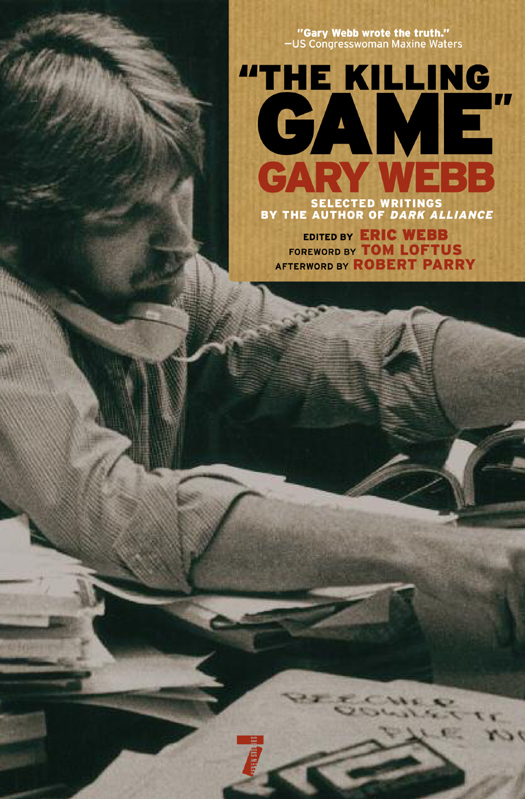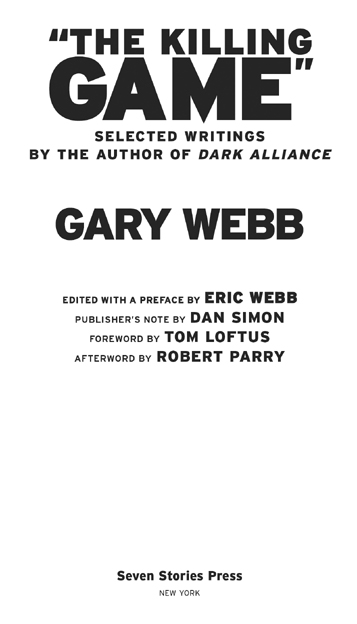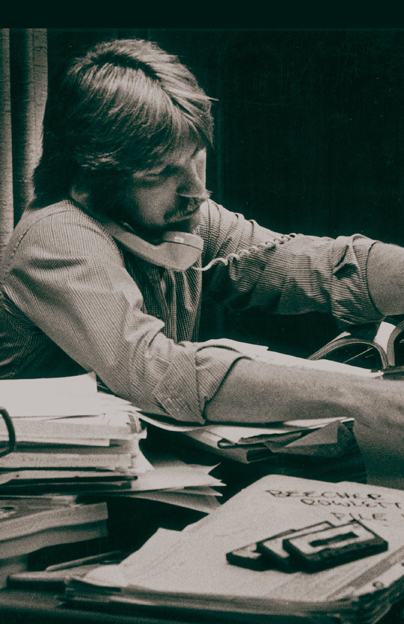
Copyright 2011 by Eric Webb
Foreword 2011 by Tom Loftus
Afterword 2011 by Robert Parry
A Seven Stories Press First Edition
All rights reserved. No part of this book may be reproduced, stored in a retrieval system, or transmitted in any form or by any means, including mechanical, electronic, photocopying, recording, or otherwise, without the prior written permission of the publisher.
Seven Stories Press
140 Watts Street
New York, NY 10013
www.sevenstories.com
College professors may order examination copies of Seven Stories Press titles for a free six-month trial period. To order, visit http://www.sevenstories.com/textbook or send a fax on school letterhead to (212) 226-1411.
From Kristina Borjesson, Into the Buzzsaw: Leading Journalists Expose the Myth of a Free Press, revised edition (Amherst, NY: Prometheus Books, 2004); www.prometheusbooks.com. Copyright 2004 by Kristina Borjesson. All rights reserved. Used with permission of the publisher.
Frontis photo The Kentucky Post
Library of Congress Cataloging-in-Publication Data
Webb, Gary.
The killing game : selected writings by the author of Dark alliance / Gary Webb; edited with a preface by Eric Webb; foreword by Tom Loftus; afterword by Robert Parry. Seven
Stories Press 1st ed.
p. cm.
eISBN: 978-1-60980-143-4
I. Webb, Eric, 1988- II. Title.
PN 4874 .W 35 A 25 2011
070.4dc22
2010048503
v3.1
To my mother, for always being there.
EW
Contents
Eric Webb
Dan Simon
Tom Loftus
Gary Webb and Thomas Scheffey
Kentucky Post
Gary Webb and Maria Riccardi
Cleveland Plain Dealer
Gary Webb
Cleveland Plain Dealer
Gary Webb and Pete Carey
San Jose Mercury News
Gary Webb
San Jose Mercury News
Gary Webb
Esquire
Gary Webb
Yahoo! Internet Life magazine
Gary Webb
From Into the Buzzsaw, edited by Kristina Borjesson
Gary Webb
High Times magazine
Gary Webb
Sacramento News & Review
Gary Webb
Sacramento News & Review
Robert Parry
Preface
When my fathers editor and publisher at Seven Stories first approached my mother and me with the idea of putting together a second book to collect my fathers other writings, I was a second-year journalism student at junior college in Sacramento, California. I had a good knowledge of story structure, the AP stylebook, and copy-editing skills, and had experience editing my college newspaper for a couple semesters. I had seen and studied investigative stories in my lower-division journalism and English classes. I also believed that I had a fair knowledge of my fathers work, at least his more recent articles. None of that prepared me fully for the task of editing this book. Doing so has been an arduous journey for me, a difficult emotional assignment, one that in the end has given me a new perspective on my fathers work and on journalism as a whole.
Id been too young to really appreciate what my father did for a living while he was still alive. He died when I was sixteen, and at that age my father was much more of a fellow videogame fanatic and punk rocker rather than a journalist, although those realms did overlap every now and then. Since his death I had considered journalism as my own career choice, but it has only been through this process, reading then transcribing tens of thousands of his words, that Ive grown close to him professionally. This closeness grew out of my profound respect for the courage he had to have to do the type of reporting he did, and the effort it took to do the research behind the writing, and how those two elements came together to produce journalism of the highest caliber.
But in my fathers eyes, courage and effort had little to do with his work. The way he saw it, investigative reporting was what he was born to do, and he was damn good at it. He loved researching, he loved writing, and he got high off of nailing the bad guys in his stories. I remember from a young age how my father boasted, not about his own exploits but about the medias responsibility to keep everyone in check and to print the truth regardless of who it pissed off.
Like my father says himself in this book, he was a poster child for investigative reportersbasking in the awards and in the freedom he had to choose the stories he covered. If there was ever a believer in the power of the press, it was my father.
But I also saw that poster torn down, and I saw a man crushed, when the very principles and institutions and people he believed in turned their backs on him. He didnt just lose his job, or his career he lost his dream.
He was never quite the same after his own newspaper and the newspapers of record vilified him for the Dark Alliance story, even though he did a lot of great writing later in his life. He felt betrayed by his profession and couldnt see any hope for it if such a firm believer and so highly respected a practitioner as himself could be so easily scorned.
The majority of the articles in The Killing Game were written long before I was born, at a time when journalism itself was somewhat more respected, and perhaps more exciting and risquat least for print reportersthan it is today. The code of ethics for newspapers has become more restricted, more corporate, perhaps less antagonistic to the powers that be. It goes without saying that many of my fathers earlier articles might not have been published today.
If you know where to find it, this kind of hardcore investigative journalism still does exist. It probably wont be on your front page, though. It is my hope for my generation of journalists that we dont forget where we came from. We must remember that it is our responsibility to be thorough and responsible, and to always print the truth.
Eric Webb
September 2010
Almost a year after his 1996 Dark Alliance series in the San Jose Mercury News hit the stands and created a furor on the internet, Gary Webb set to work with me on the book-length version of his controversial story. Webb was one of Americas top investigative reporters. His awards included a Pulitzer in 1990 as part of a team, and at least four other major prizes for his solo work. But the Dark Alliance story had been attacked so prominently in the mainstream press that by that summer of 1997 when we signed on to be his publisher, hed already completed his spectacular fall from grace and was living in its aftermath: no longer a star reporter, but still a working journalist and a recently minted hero of the Left. (Esquire referred to us as publisher of last resort when we took him on, and we liked the designation so much that we featured it in our next catalogue.) I hadnt met Gary before. I found him funny, generous, warm, and charismatic.
What would turn out to be the biggest story of his life ran as a three-day series beginning on August 18, 1996. Heres how it started:
For the better part of a decade, a Bay Area drug ring sold tons of cocaine to the Crips and Bloods street gangs of Los Angeles and funneled millions in drug profits to a Latin American guerrilla army run by the US Central Intelligence Agency, a


